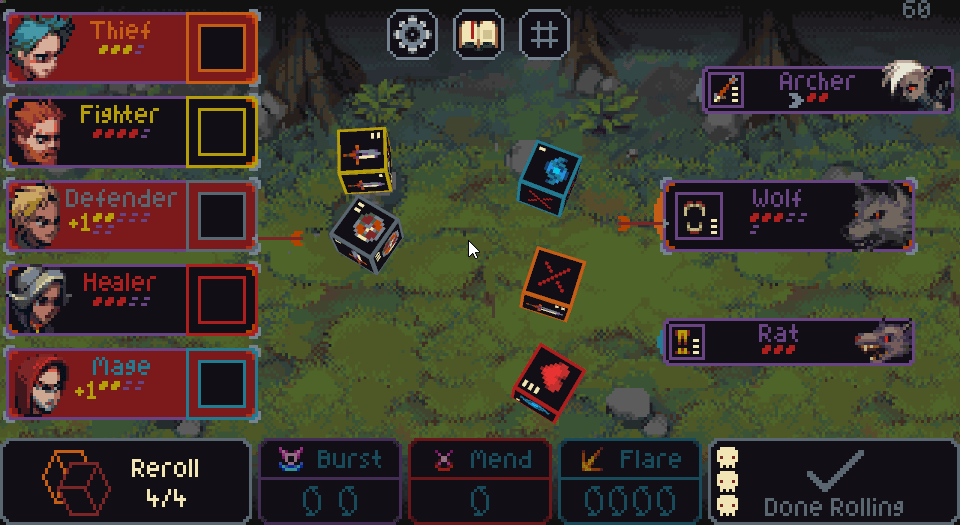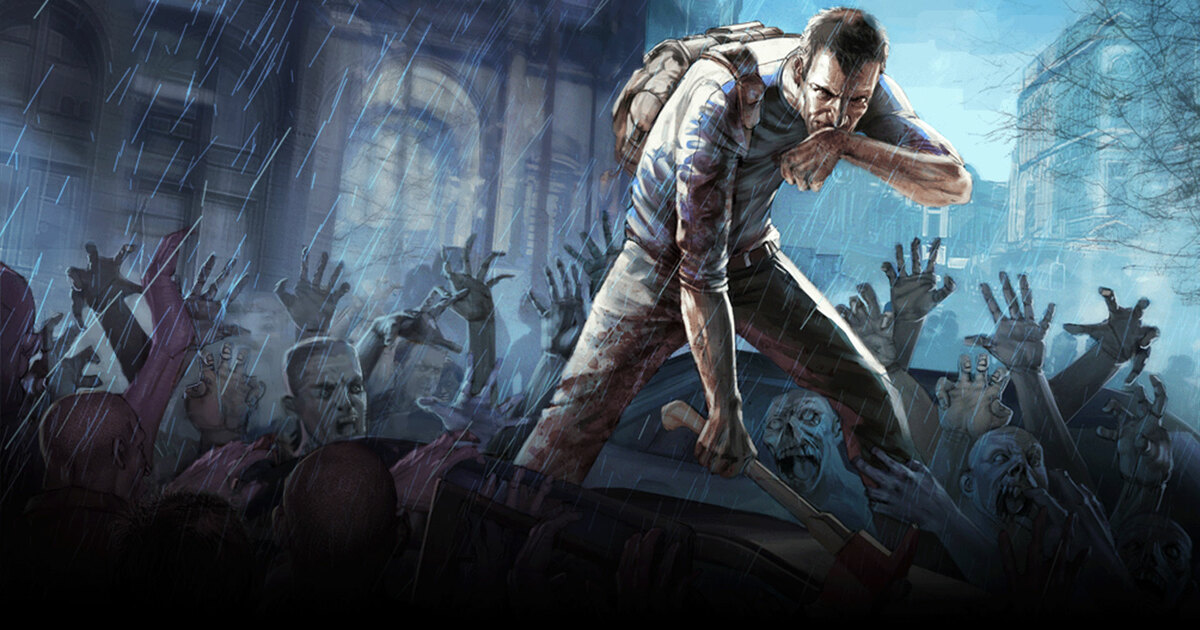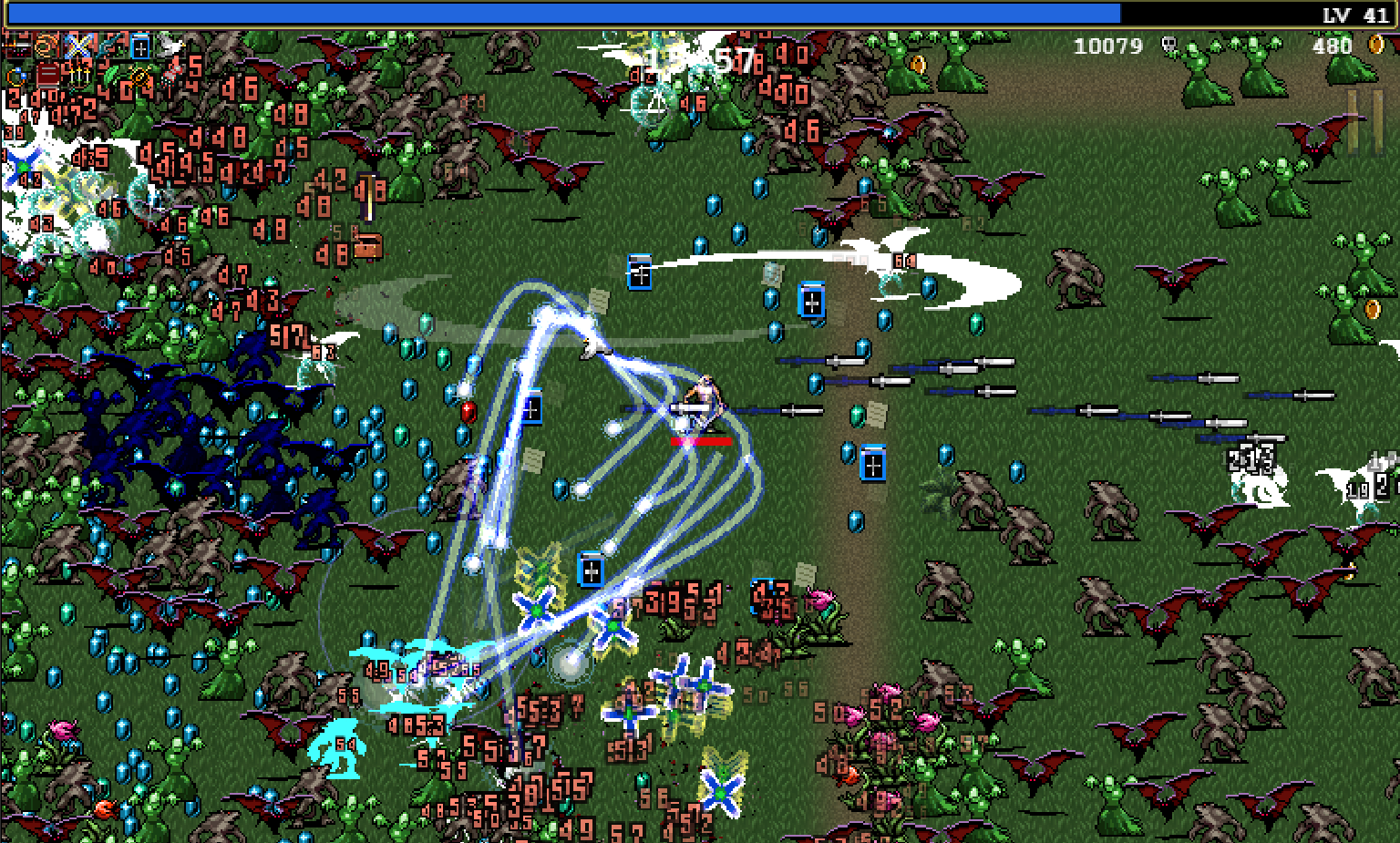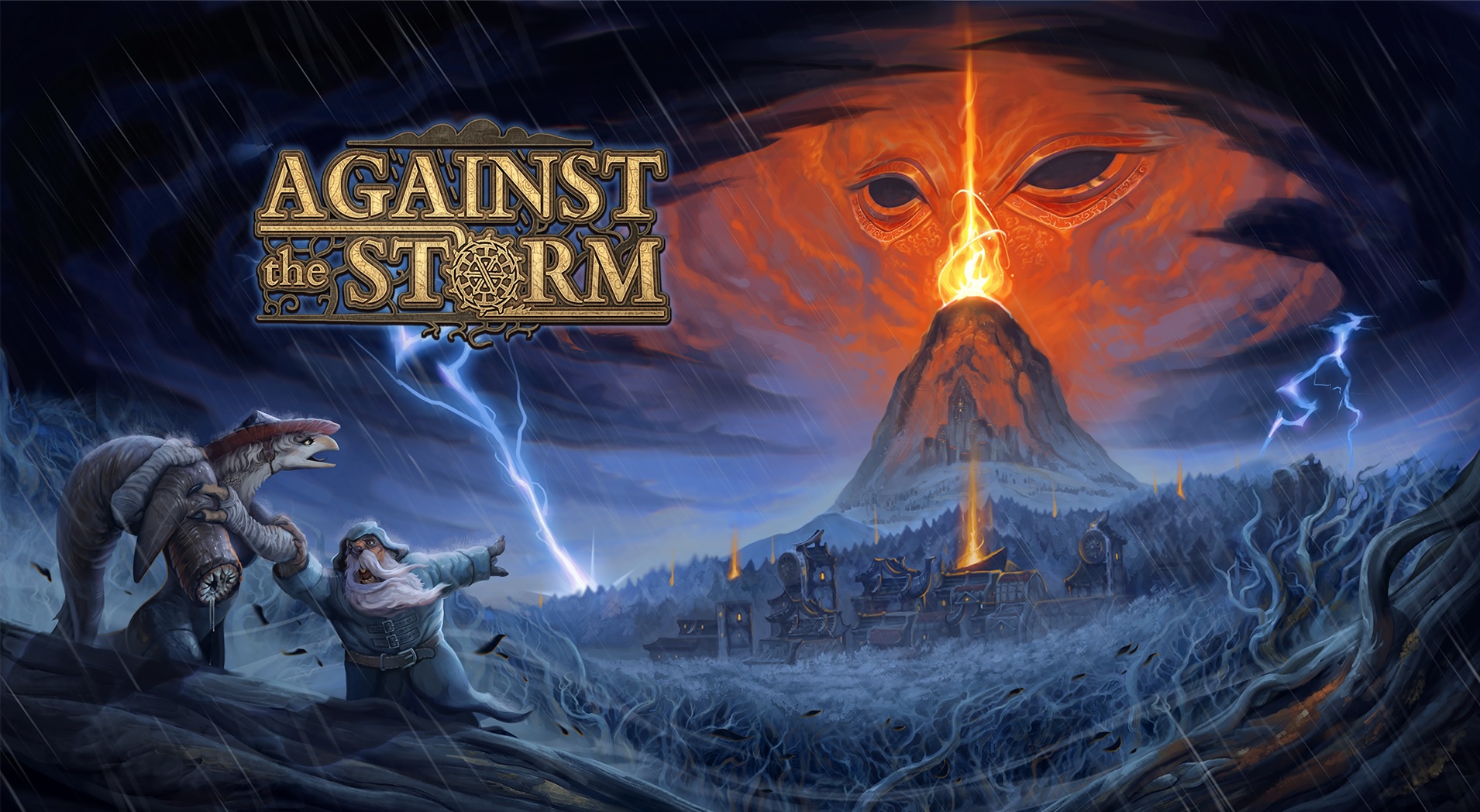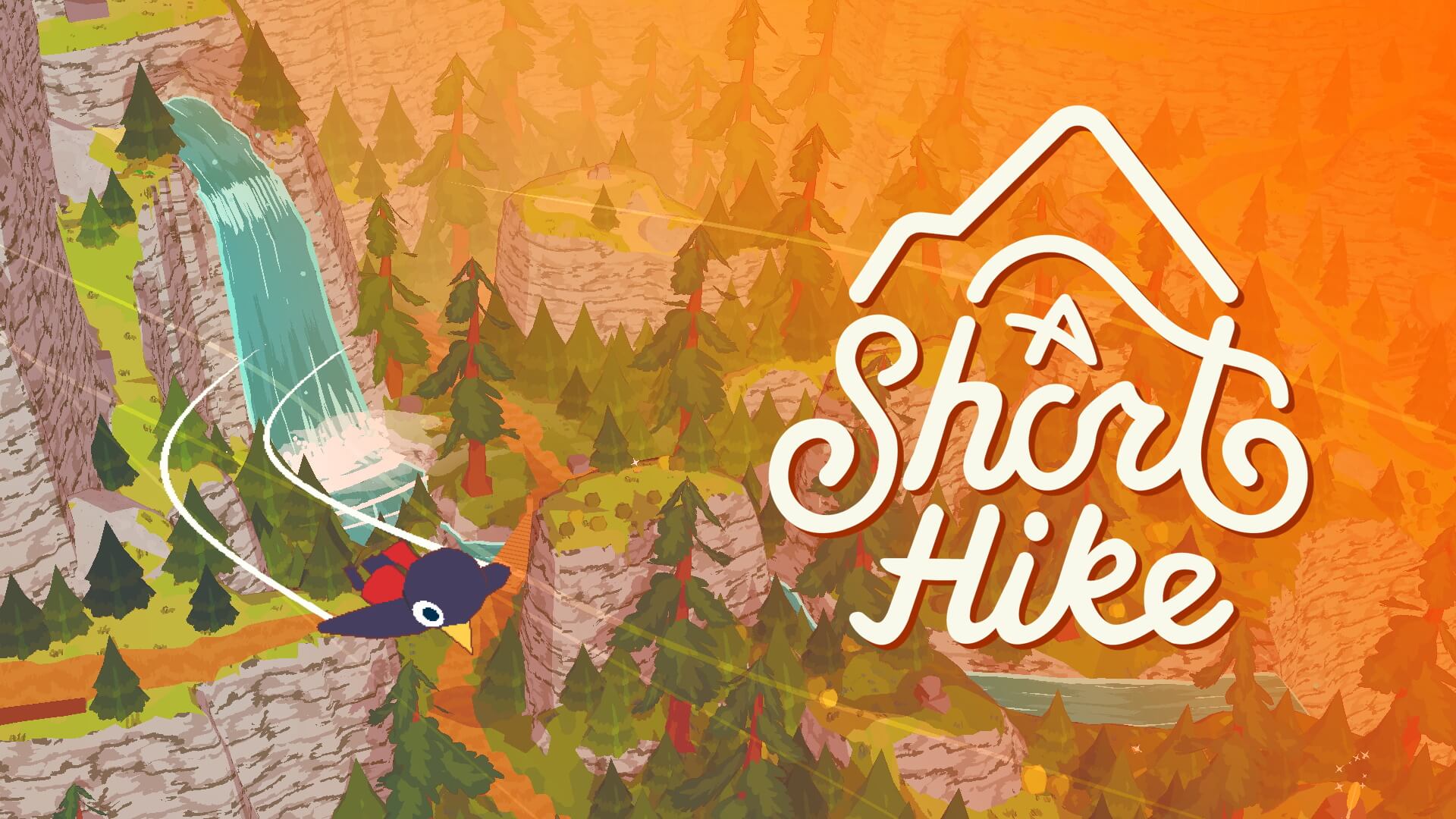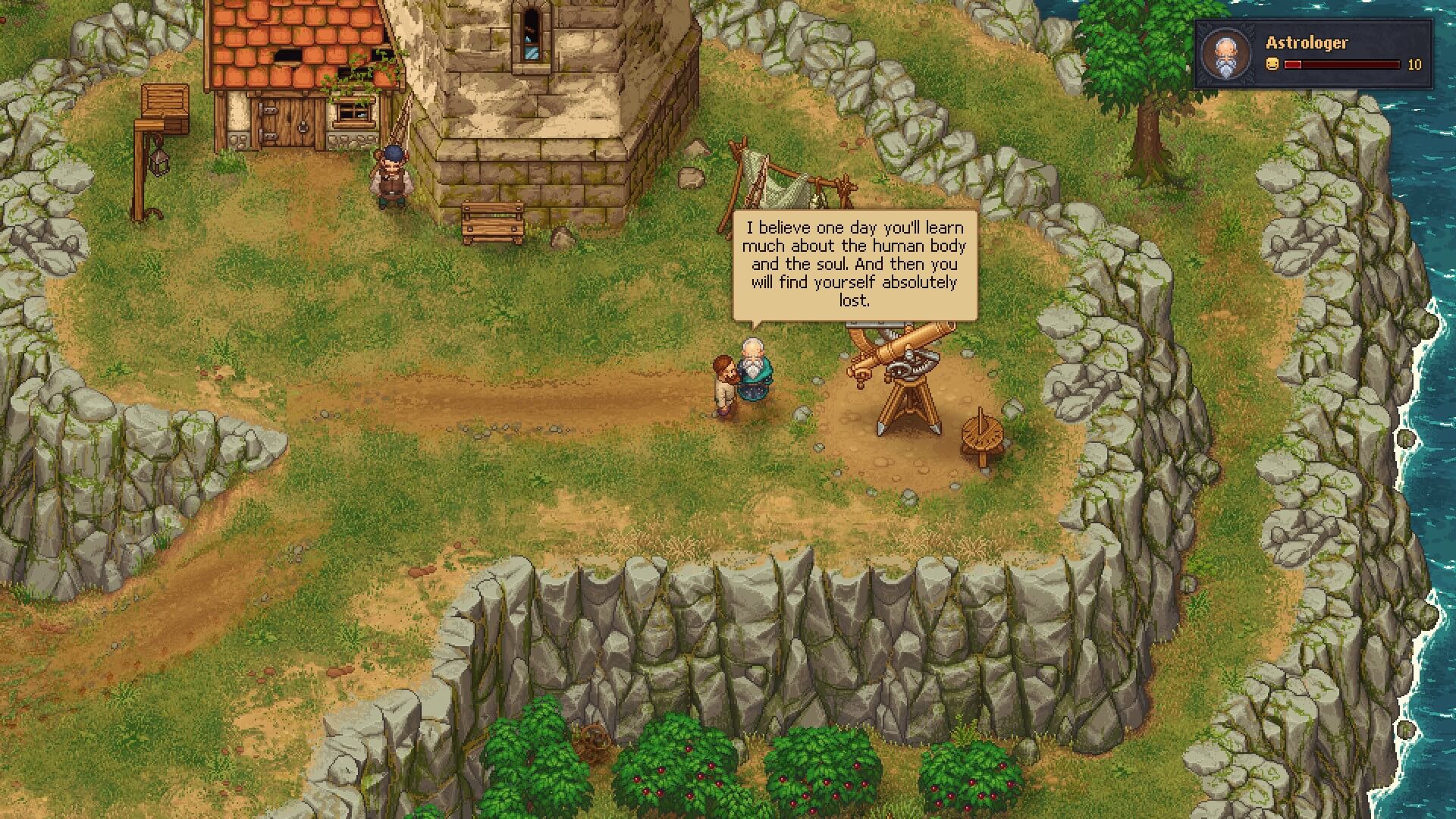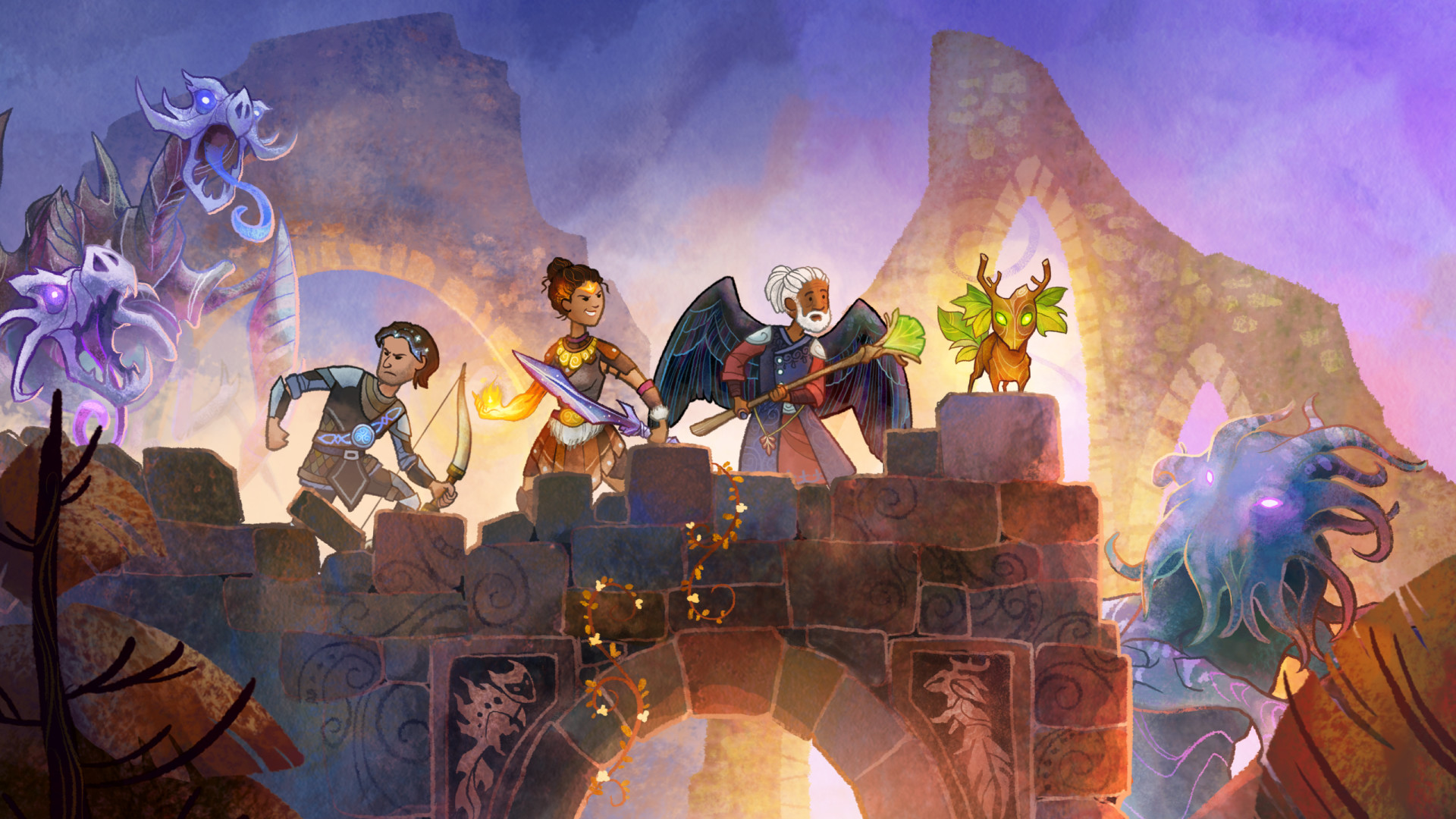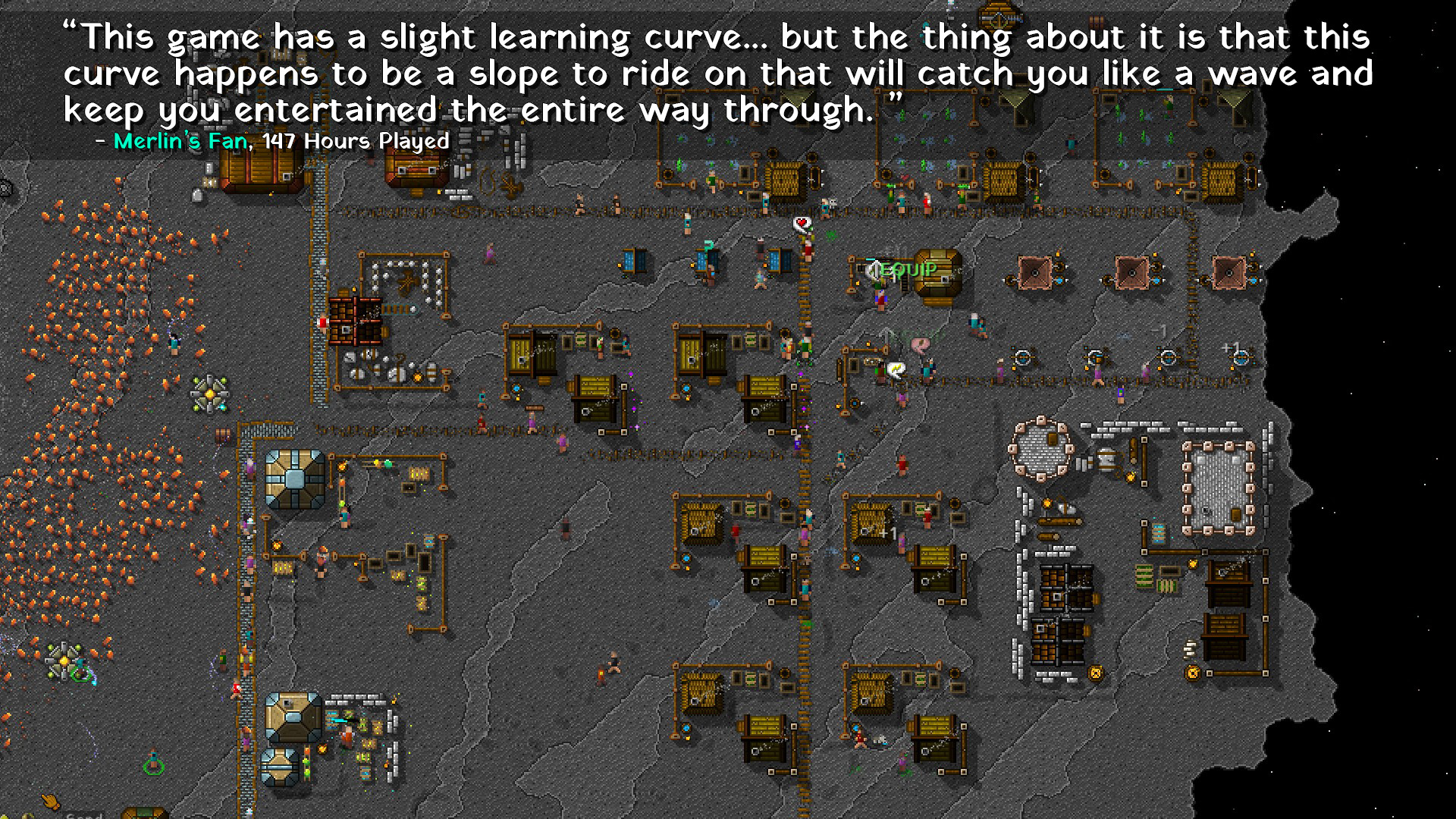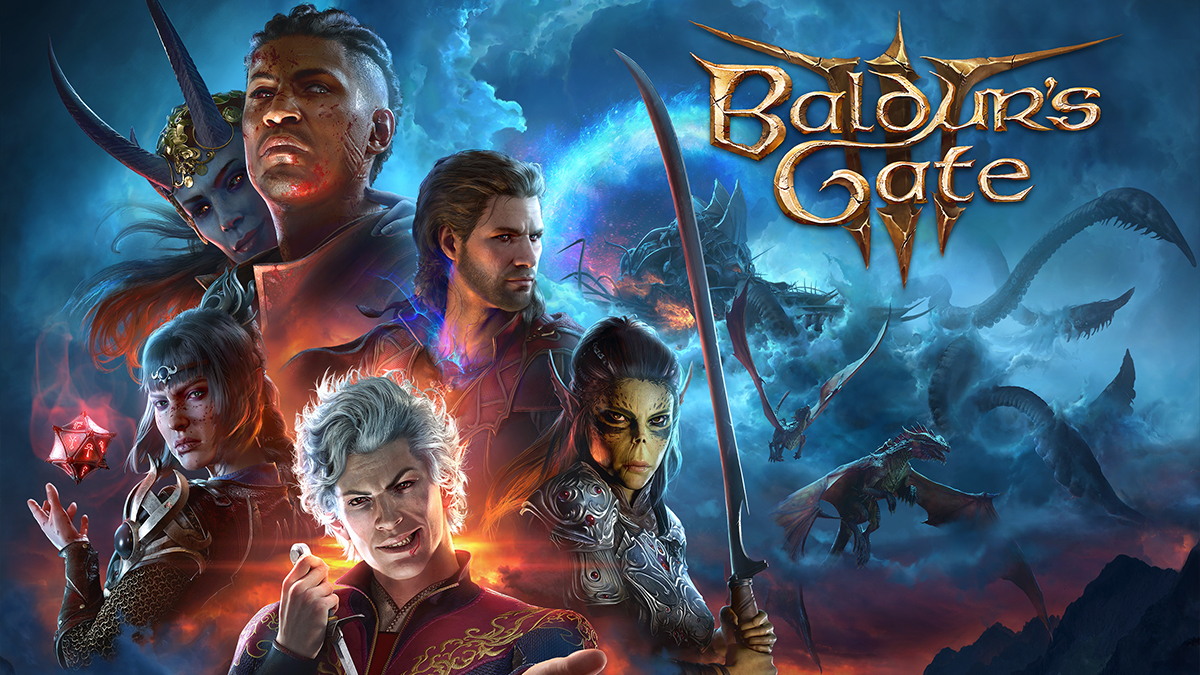
So, we are finally at the top, and how boring, I like the game everyone liked. Interesting though, for many this game came out of nowhere, was a total surprise. Not for me, I had it in my TOP 50 since 2020, from the early access version. I played early access on Stadia, actually this game was a reason I got Stadia, and the service didn't even survive long enough to see the final release of the game. Very funny.
What surprised me though was how much people actually played and liked it. If I told you in 2022 that a turn-based strategic RPG with player controlled party, isometric view and high complexity would be one of the most popular games in 2023 and actually win many awards - would you have believed me? I didn't believe that, I believed it would be successful - in the scale of Pillars of Eternity, the Pathfinder games, Torment and Divinity Original Sin. Not on the scale it got to. What a surprise.

And what about it did I like? Well, there is a lot to like, the absolute great music, the complex battle system with thousands of ways to get about it, which actually make a huge difference. There were fights were my party was easily wiped out on the first try, but the second try with a bit of thinking and changing of strategy it went as easily to my side. Your decisions really do matter in this game!
The writing is outstanding, I actually connected to many characters and not only the companions that you take along your travel, but even side characters. This in turn makes side quests also a joy. Because they aren't just some busywork, all the quests are connected to characters and their needs and wishes. Which also means you have clearly conflicting goals, because the characters in question have conflicting views. It is on you in many cases to make decisions here. And again, also in writing and plot your decisions really matter here. They don't jujst lead to five different endings. If a character is recurring through all three acts and has some role to play it in one playthrough, the same character can be dead early on in your second playthrough and therefore all the interactions in the later acts are different because that character isn't around.

To give an example how well designed these characters are I tell about one character you meet early on. The background is: early in the game you get to a Druid grove. That grove has taken in some fugitives, Tieflings from the city Elturel. Elturel was cast into the hells for some time, the devils using the citizens as slaves. When Elturel got back to the material plane, the other citizens turned on their Tiefling neighbors because Tieflings have devils in their ancestry, even though the Tieflings were victims as much as the other races. So the Tieflings of Elturel were fleeing towards Baldur's Gate, but the roads are dangerous and many lost their lives and they took shelter in the Druid grove. Because so many lost their lives, among the fugitives are now some orphaned kids. And one of these kids take leadership over them, a girl named Mol.She is a scoundrel, making a living off stealing and cons and the other kids join her in this activity. But you also notice how much she cares for these other kids. They are all under her protection, even if they suck at stealing (which some do). Mol reacts to your actions towards these kids. Two kids are in mortal danger early on, and Mol notices if you saved their lives. And she also notices how you react to an attempt to steal from you.
That is an absolute side character with no influence on the main story. Yet I wrote a whole paragraph about her character. This is how detailed she is. Mol takes actions throughout the game, you can meet her again in act 2 and 3. Or... you may not even meet her at all. In act 1 she is at a hidden location, in the later acts she is not as hidden but still can be possibly missed. Again, she is a side character. Yet her story is well written. There are many more character which you meet throughout the act - or not.
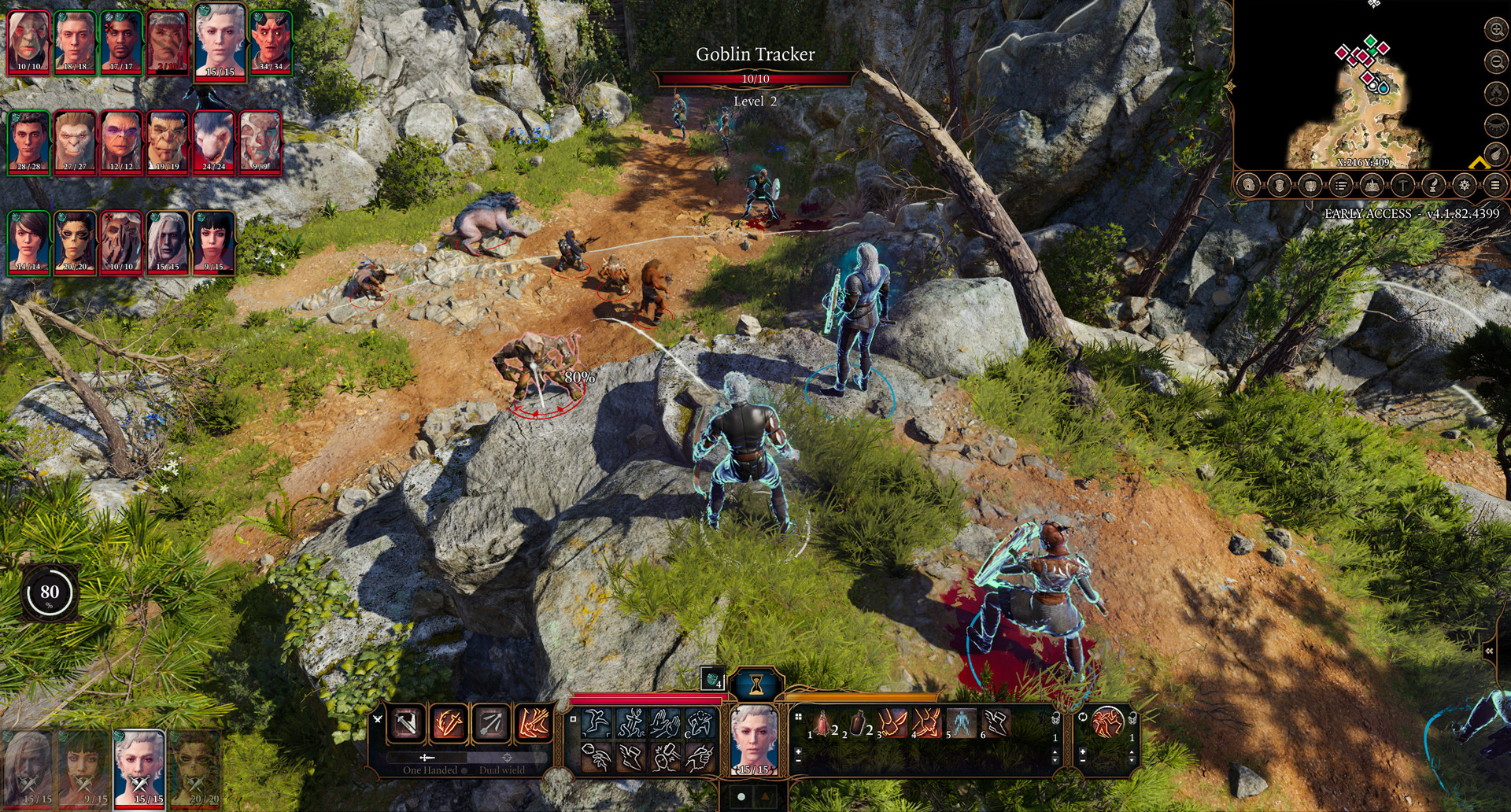
The most fascinating thing about the game must be, that every player has their own experience. And not just different endings, big parts may happen or not. You can get to Act 2 without visiting the whole Underdark. Or the githyanki creche. In my multiplayer run with friends I was always surprised about what they did - and that they could do it. And they were surprised by me. Because pretty much everything we thought about in the moment - it often worked in some way.
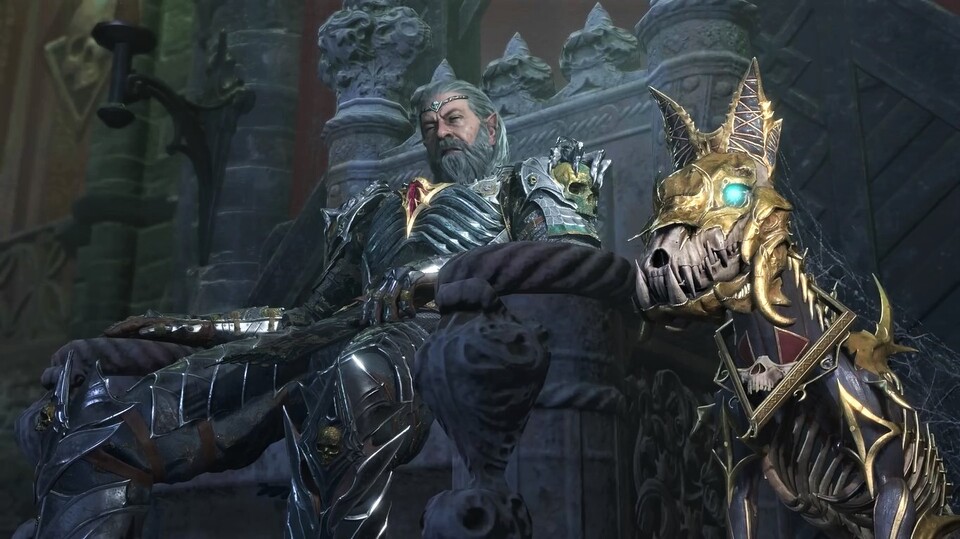
Some people claim that act 3 is too bad and it ruins the game. And while true, act 3 is not as good as act 1 or 2, it is still good and far from spoiling this game. On the contrary I would argue that some of the best sequences in gaming are there to be found in act 3, particularly disabling the steel watch and the house of hope. But then again, it is also the game that allows you to miss these things, you can play act 3 and never set foot in the house of hope.
What makes this game such an achievement is the support of player agency at every step. I am always surprised what options I have and think: no way the devs have even thought about me doing this - only to be faced with a fully voiced line, showing that indeed they did think of it. There was put a lot of care and love into the game that is seldom to see these days outside of indies. In part it is a crazy overwhelming amount of attention to detail. In my coop playthrough I played a Bard. And going though the character editor with the chosen class of Bard I get the option to choose a starting intrument. I click on one and realize - the music is changing. For every instrument they it starts to play the theme of the character editor with that instrument. They have recorded *five* additional renditions of the song only for a sub-sub-sub-option in the character editor that only exists if you choose one of the twelve classes. How much is in this game I didn't find?
https://www.youtube.com/watch?v=XuCfkgaaa08

































































